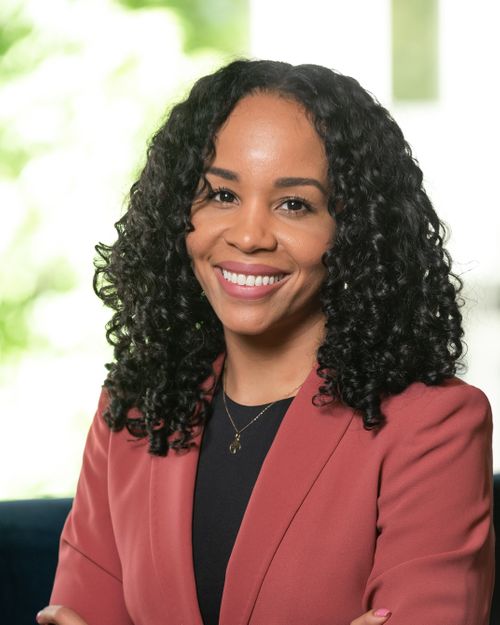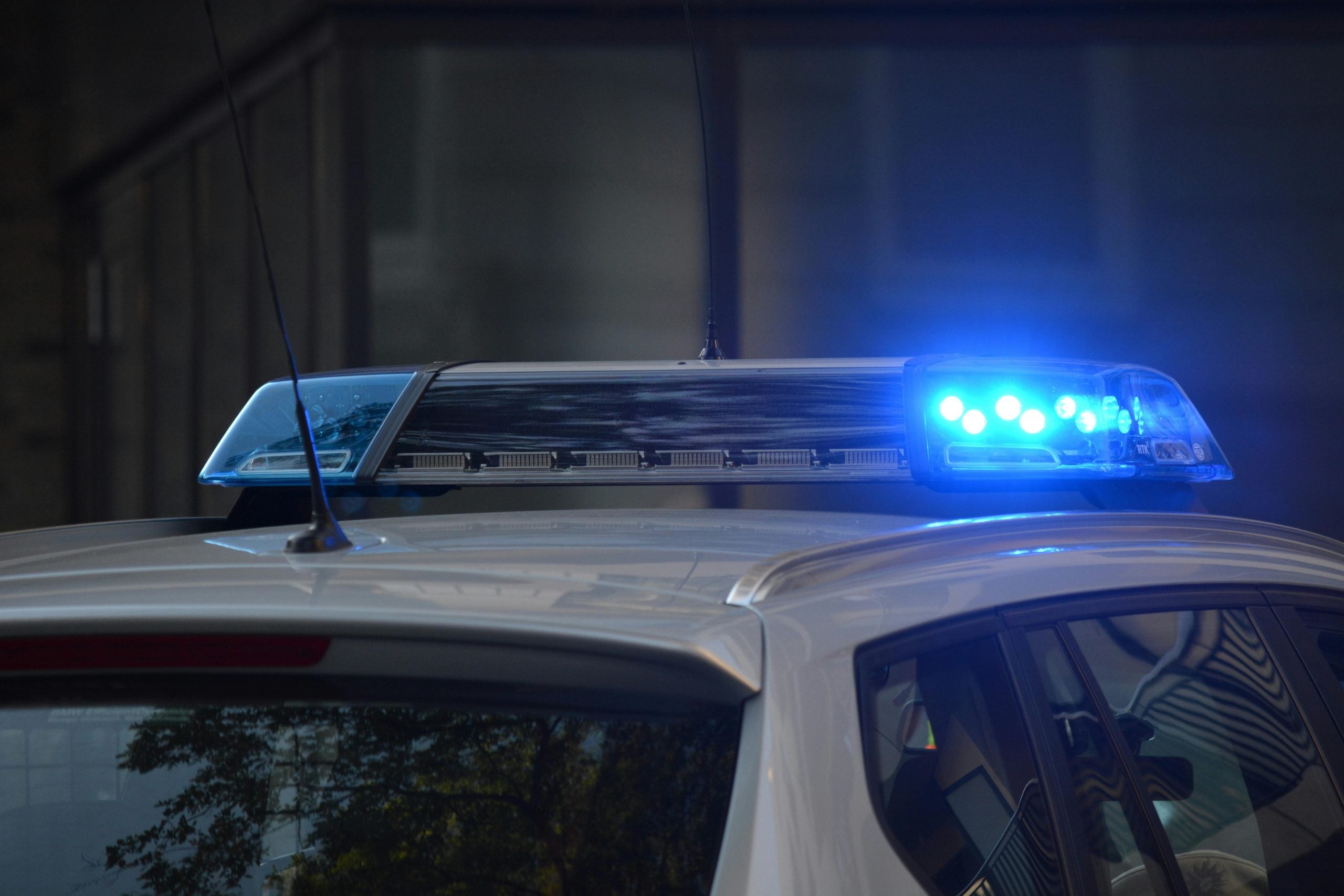Research by McCourt School criminal justice policy expert targets police training efficacy
Assistant Professor Andrea Headley is a scholar of public management, racial equity and criminal justice policy.
Andrea Headley’s previous work has focused on improving police-community relations in communities of color, assessing the effect of race during use-of-force encounters, evaluating body-worn cameras, understanding national police reform commissions, analyzing dispositional outcomes in citizen complaints and exploring the gendered norms and cultures in policing.

What will your research focus be this academic year?
A: I have a couple of different projects. One of them is essentially trying to test the effectiveness of police training. In particular, active bystandership for law enforcement. I’m working with scholars across Georgetown on this project. We were awarded a grant, building off of prior work with Google, to test the effectiveness of police training in a virtual simulation to see whether or not officers are intervening in certain situations.
It feels as if your classes and lectures could lead many students to look at themselves reflectively. How have students responded over the years?
A: I used to do an implicit association test in my class. Some of the reflections clearly indicated their results demonstrating certain associations, and some thought, ‘Why am I getting this result?’ and didn’t like it. While I took that out, even now, I encourage students to still reflect on the decisions they make and how their preconceived notions or prior experiences could impact things. I try to force them to do that a little by asking, ‘Have you been in organizations or work where you felt included or you felt excluded, whether on the receiving end or the giving end of it, and if so, what does that look like?’
And thinking of personal reflections, what drew you to teaching?
A: I thought I was going to be a lawyer. I was always interested in the criminal justice system. Then when I was an undergrad, I got involved in research. It had nothing to do with criminal justice at the time, but the professor, this woman of color, got me involved with her research and became a mentor. I think it was the combination of having a woman of color as a professor and a mentor, encouraging me to think of that career, that helped make it a viable option — knowing there are all these other really powerful ways you can impact lives. It’s exhilarating to think that you can do research that impacts policy and educate to change students’ lives who are going to go out and do great things.
What do you treasure most about teaching at Georgetown?
A: One of the things that excited me about coming here is that there’s so much opportunity to have meaningful engagement with important stakeholders. I’ve been fortunate to testify for body camera legislation in Maryland and work with local governments recommending policies they could implement. People aren’t necessarily reading academic journals all the time, so I feel privileged to be in an area like this where I can have meaningful engagement with communities, policymakers and practitioners.
